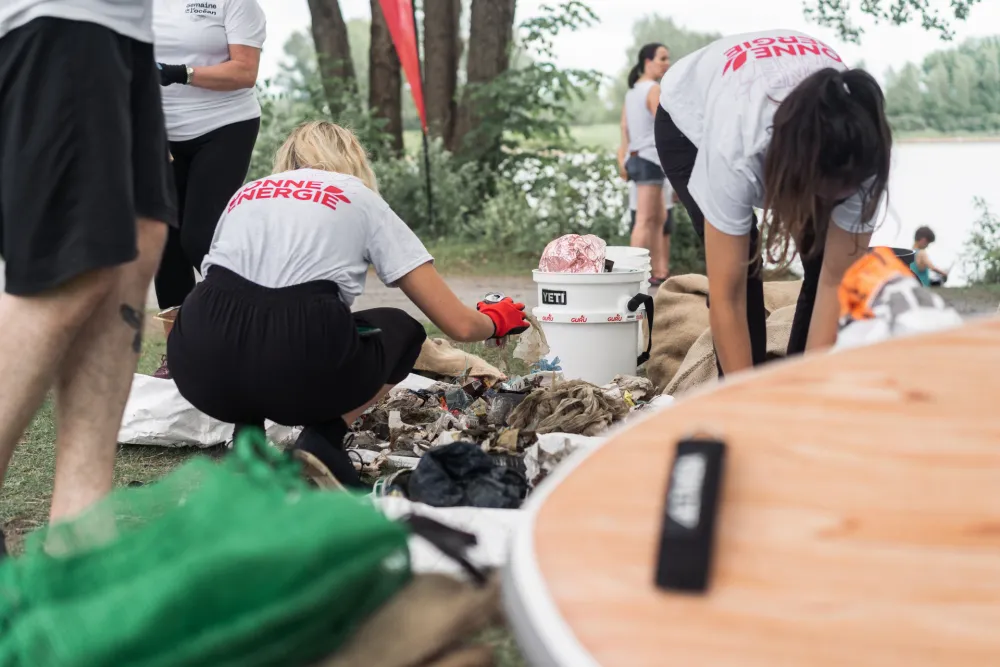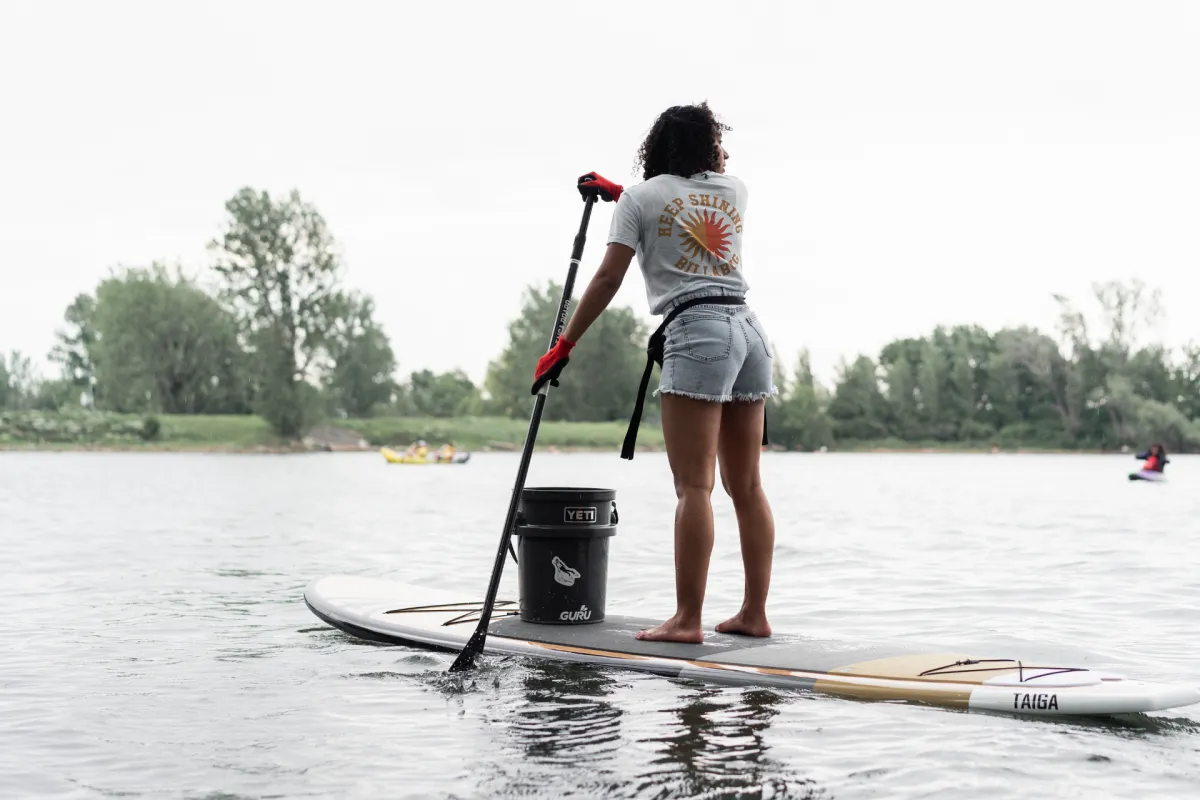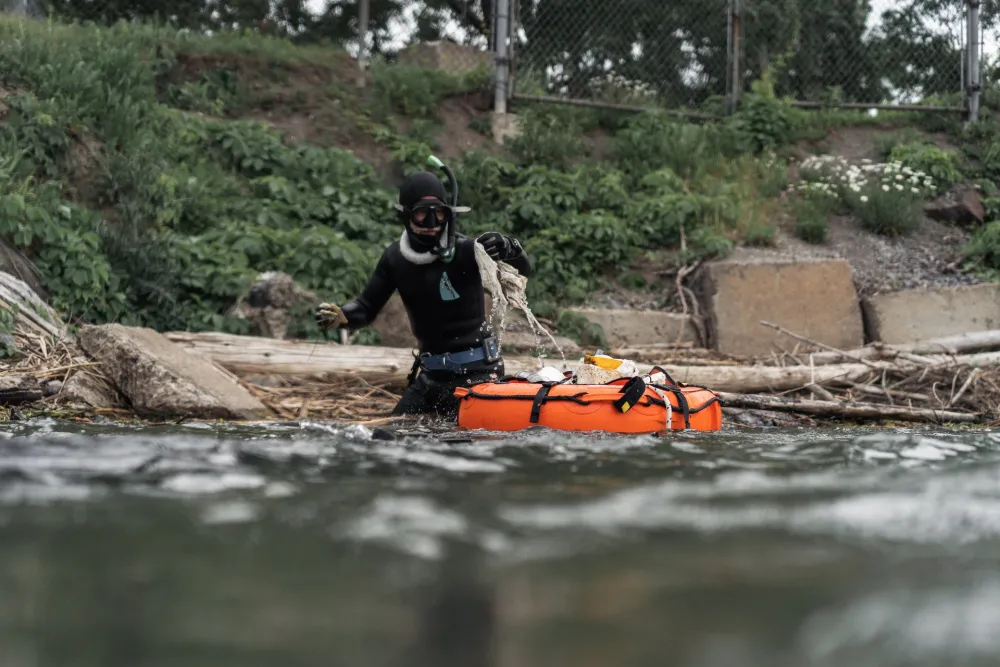6 minutes read
“Protect what you love” This is the awareness campaign for the protection of the ocean in a nutshell. The catchphrase was heard many times during the recent ocean week held from June 1st to June 8th. The campaign is celebrated around the world because it is important to change habits, mentality and therefore the way we interact with the ocean. For the occasion, the local organisation named Blue Organization offered a complete programmation with workshops, conferences and a clean up event among other activities.
There is an alternative to being naively optimistic or simply fatalist and it implies getting involved by consuming sustainably and even community engagement. We have a bunch of brand ambassadors and companies supporting the initiative and YETI is one of the brands that takes part in both ways to have a positive impact. After all, we need the ocean but the ocean needs us.



